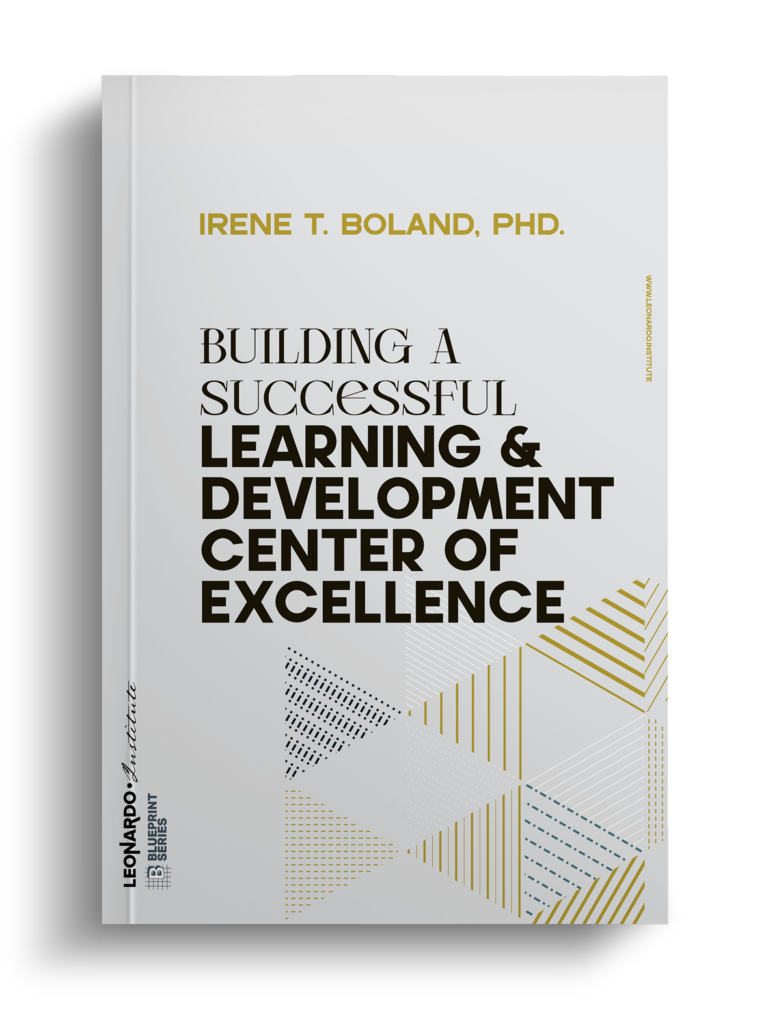The digital transformation of the workplace now includes a pivot towards using advanced tools such as artificial intelligence (AI) for learning and development. A recent study examined the use of ChatGPT, a conversational AI, assessing its efficacy and impact on education strategies. This article unpacks the research, explores the motivations behind the study, outlines key findings, and discusses the profound implications for workplace learning professionals.
Investigating ChatGPT’s Role in Education
The study sought to understand the potential of ChatGPT in educational settings, particularly focusing on how it could transform traditional teaching methodologies. It aimed to scrutinize the AI’s ability to foster new ways of thinking and critical evaluation of information among students. By observing the use of ChatGPT by learners crafting essays and engaging in debates, researchers aimed to identify how AI influences learning outcomes and the teaching process itself.
Motivations Behind the ChatGPT Study
The motivation for this research stemmed from the rapid integration of AI technologies like ChatGPT into learning environments and the subsequent need to reformulate teaching practices. Educators and researchers recognized the shift from lecture-based instruction to a more dynamic, AI-augmented interaction model. The study was driven by the urgency to ensure educators stay ahead of the curve, adapting to these new tools to maintain educational quality and integrity.
Key Findings of the Research
The study unveiled that while ChatGPT can streamline certain aspects of learning, such as essay writing, it also presents challenges related to quality and fairness. It highlighted a disparity in the AI’s responses, prompting a call for rigorous assessment of output before use in educational contexts. The findings pointed to a 60% accuracy rate in the AI’s responses, underscoring the need for careful integration of AI in teaching strategies.
Moreover, the research suggested that educators need to develop new competencies, particularly in critical thinking and ethical considerations, to effectively utilize ChatGPT. It also brought to light the importance of creating responsible AI, emphasizing the need for chatbots that are not only technically proficient but also ethically and socially aware.
Implications for Workplace Learning Professionals
For you, as a workplace learning professional, the implications of this study are significant. The findings suggest a need for a shift in how learning is facilitated in the workplace, with an increased focus on critical competencies that leverage AI’s strengths while mitigating its limitations. You are now tasked with not only upskilling employees to interact effectively with AI but also ensuring that the AI tools employed are transparent, equitable, and aligned with ethical standards.
Furthermore, the study encourages the development of a nuanced approach to AI integration, where humanized interactions with chatbots are fostered to enhance the overall learning experience. This involves not just technical training but also fostering emotional intelligence and empathy in a digitally enhanced learning environment.
Put it to Work
To translate these findings into practice, begin by evaluating the existing use of AI tools like ChatGPT within your organization’s learning programs. Implement training that emphasizes critical thinking and ethical engagement with AI. Engage in dialogue with AI developers to push for transparent algorithms and equitable learning solutions. By doing so, you’ll be at the forefront of creating an inclusive, fair, and effective AI-augmented learning landscape in your workplace.
The Takeaway
The incorporation of AI in education, particularly in the workplace, is something to consider carefully. It brings the promise of enhanced learning but also bears the risk of inequality and misinformed outcomes. As a workplace learning professional, you are equipped with the insights from the latest research to ensure that AI tools like ChatGPT are used to their full potential while maintaining educational excellence and ethical standards. This is the path to a future where technology and human ingenuity coalesce to create an unprecedented learning experience.
Reference
Tlili, A., Shehata, B., Adarkwah, M.A. et al. What if the devil is my guardian angel: ChatGPT as a case study of using chatbots in education. Smart Learn. Environ. 10, 15 (2023). https://doi.org/10.1186/s40561-023-00237-x


